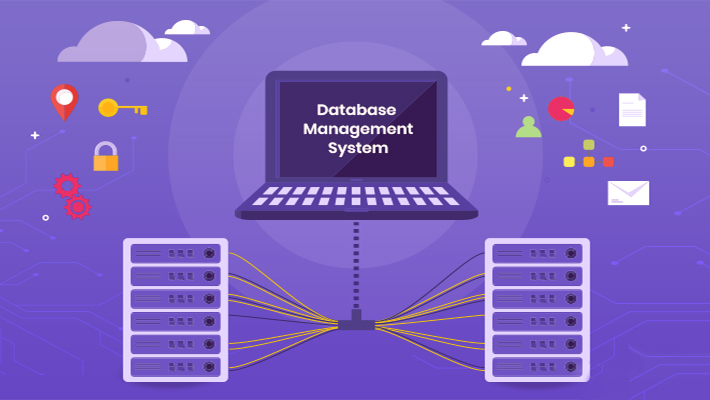Digital marketing course encompasses the tools and technologies required to help a business grow itself with the help of digital marketing. The purpose of digital marketing is to build a digital campaign to promote a business on the internet and social media platforms.

- Teacher: Dr. KAVITA THAKUR

- Teacher: Dr SAIKIRAN D
- Teacher: Dr. SANGEETHA K
This course provides a comprehensive introduction to statistics, covering its origin, definitions, and scope, along with methods for planning statistical investigations and collecting data through census and sampling. Students will learn to analyze data using measures of central tendency and dispersion, interpret graphical representations like histograms and scatter diagrams, and understand concepts such as correlation and its applications. The course aims to equip students with essential statistical skills applicable across various disciplines.

- Teacher: ALIGETI SANDHYA RANI
Course Summary
Advanced accounting is 5 credit course. Preparing final accounts of partnership firm on admission, retirement, death and dissolution of a partnership firm & Preparing Company final accounts as per Schedule III of the companies act, 2013 including various accounting entities on issue of share and debenture are covered in the syllabus.

- Teacher: RUPINI B
Relational Database Management Systems (RDBMS) is a foundational subject in computer science that focuses on the design, implementation, and management of relational databases. It covers key concepts such as data models, relational algebra, SQL (Structured Query Language), normalization, database design, indexing, transactions, concurrency control, and recovery techniques. The course emphasizes the principles of organizing data into tables (relations), maintaining data integrity, and optimizing query performance. Students also learn about database architecture, storage structures, and the practical use of RDBMS software like MySQL.

- Teacher: SHIMA A. N.